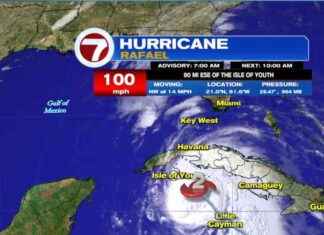The lawyers of the Justice Commission of the Congress alerted the parliamentary spokesmen of the technical problems of including in the bill to reform the Penal Code the amendments on the system of election in the General Council of the Judiciary (CGPJ) and the Court Constitutional (TC).
It was at the meeting on Monday of the Report prior to the meeting of the Justice Commission that later approved the broad reform of the Penal Code proposed by the parties of the coalition government and that, in addition to the changes in the Judiciary, includes the end of the crime of sedition and the reduction of penalties for embezzlement.
The lawyers made various verbal observations of a technical nature on the inclusion in the reform of the Penal Code of around a dozen amendments, including those presented by the PSOE and Unidas Podemos to change the system of majorities of the CGPJ when it elects the magistrates of the Constitutional.
Some observations that the Conference agreed to include in its opinion but that do not appear in the minutes of the Justice Commission held later.
According to the PP, Vox and Cs, the legal services warned of the possible unconstitutionality of including amendments 61 and 62 on the Judiciary, while the PSOE and other groups point out that they only specified that they did not conform to the initial content of the proposal to Penal Code reform law.
Both the spokesman for the PP in the Justice Commission, Luis Santamaría, and that of Vox, Javier Ortega Smith, already expressed their complaint at the meeting on Monday that the Board, chaired by the socialist Felipe Sicilia, did not attend to the observations of the lawyers
Santamaría criticized the fact that the “unlawful nature” of the amendments was not assessed and Ortega Smith spoke of “procedural” fraud, since the legal services of the Chamber warned, without success, that the amendments related to the CGPJ and the Constitutional were improper for the ongoing reform.
On the other hand, the lawyers of the Constitutional Court (TC) have issued contradictory reports, both in favor and against, in relation to the very precautionary measures requested by the PP to stop the parliamentary processing of the reform of the TC itself, facing the Plenary today’s extraordinary Thursday and whose start has been delayed due to the new writings presented by PSOE, United We Can (UP) and Vox.
These reports will serve the magistrates for the deliberation and vote that the plenary is expected to carry out to decide whether to admit the amparo appeal presented yesterday by the PP and, above all, if the very precautionary measures raised therein are accepted.








